Contemporary Costume Watch: "Passages"
 Monday, November 6, 2023 at 7:00PM
Monday, November 6, 2023 at 7:00PM 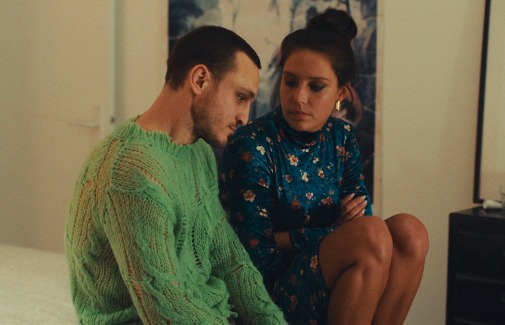
Like it happens every year, as the awards season dawns, I complain that voters should pay more attention to contemporary narratives when recognizing design achievements. In 2023, their reluctance will be especially aggravating since there's such a deep well of costuming excellence within modern contexts. Take Khadija Zeggaï in Passages, for example.
Ira Sachs' latest feature finds Franz Rogowski playing a Paris-based German director entangled in a bisexual love triangle of his own making. As Tomas, the actor is a sartorial tease whether he's in mesh or ratty green knits, while Ben Whishaw is more modest as his artist husband, Martin. Finally, Adèle Exarchopoulos is Agathe, a teacher who dresses like a young Bardot at the height of the Nouvelle Vague - all tight fits, high hems, and lingerie as outerwear. Across the board, fashion defies heteronormative tenets, everything is unisex and sexy to the nth degree. Clothes articulate tricky character dynamics while offering editorial-worthy queer spectacle…
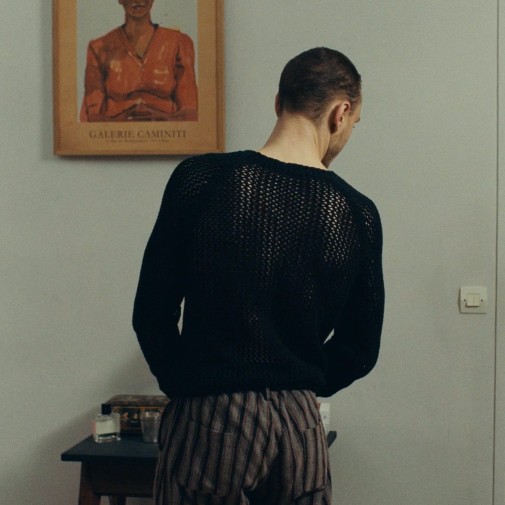
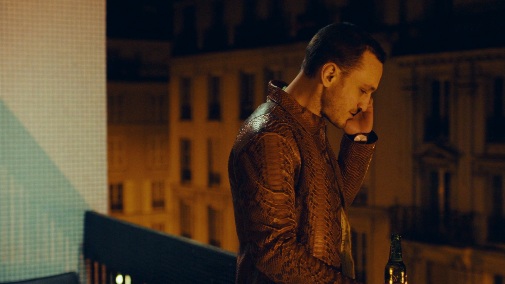
This gender-defying glamour pushes melodrama past the point of strict realism, rising to a bigger-than-life presentation that's not that different from the heightened register of Old Hollywood. Indeed, along with the likes of Godard and Fassbinder, Cukor was one of Sachs' references when coming up with the film's aesthetic. It's no surprise that, when watching Passages, one can't help but feel the curatorial intent behind every image. In a time when so many productions are careless with their framing, there's a sweet seductive quality to how Sachs, Zeggaï and company approach the matter.
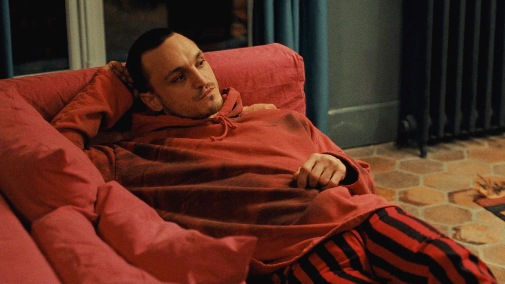
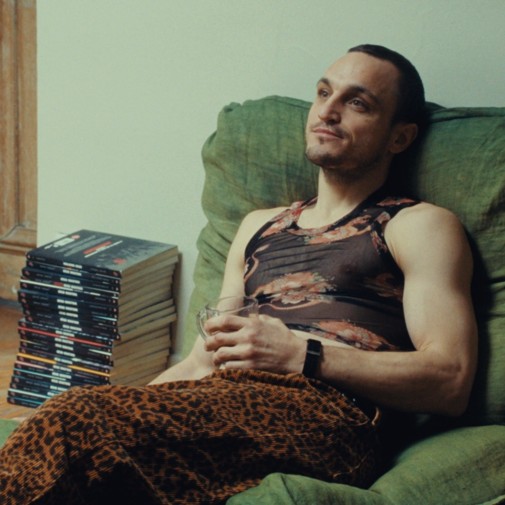
Tomas uses fashion as a weapon, his costumes representing an active choice to shock, rather than just an exteriorization of character. His propensity for loud patterns and skin-baring is a jab into any social situation, a way to pull attention to himself like a black hole that ditched the void for leopard print and snakeskin. It's also about control, about the imposing power of bear fur over hunky flesh, about arriving at a family dinner in clubwear. He demands your attention, bullying you into being seduced, and, in this process, the filmmakers are daring you. They're daring the viewer to avoid the sensuous call.
We can't. We covet and grow fixated on that charismatic asshole even as his beastly behavior breaks hearts on-screen. In that regard, Sachs makes the viewer answer themselves a question they might have toward Tomas' lovers – why stay?
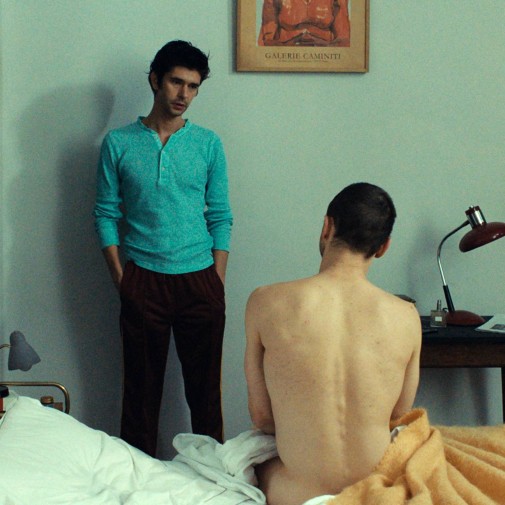
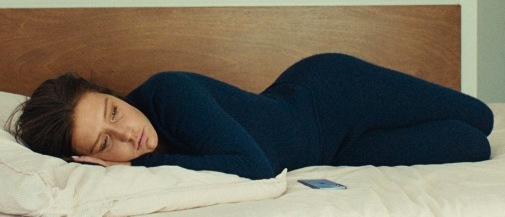
But Tomas isn't the sole possessor of power in Passages. In the end, he's more or less forced into a passive figure for others to pass by on their way to the future. A careless man who made himself the protagonist of other people's lives is finally left alone by those who have decided they will lead their own stories, away from him. This growth is in the text, the acting, and the costumes, too. It's, among other things, the flowering of bright red in Agathe and Martin's costumes as they drift away and assert their desires divorced from Tomas, the walking red flag. A jacket forgotten and a sweater remembered for her, a soft woman's bathrobe for him.
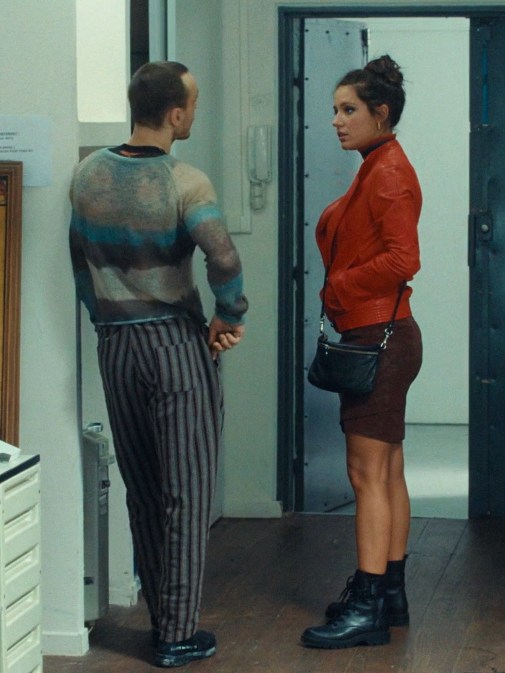
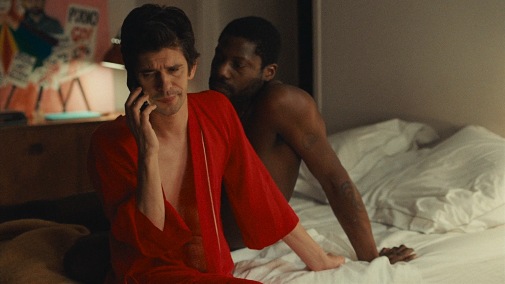
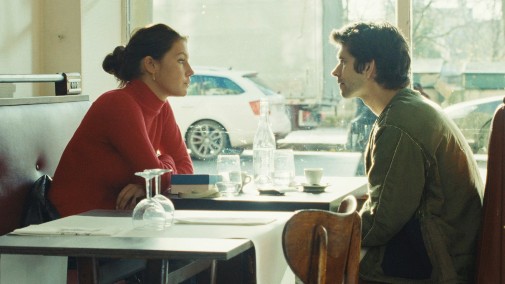
These garments and others invite you to look, to reach out and touch, to want. There's power in being wanted. There's power in denying those who want you like Martin ultimately does, a white wall of rejection before a tuxedoed man with a crooked butterfly bowtie. And in these Passages of stylish self-possession, power is freedom.
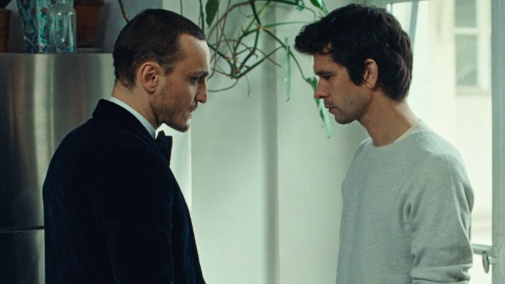
Passages is streaming on MUBI. You can also rent or buy it on VUDU and Apple TV.



Reader Comments (2)
So true about this movie - every sartorial choice is eye-popping, yet exists logically in the world of the movie. You believe in these characters' closets.
I especially love (and desire) that green sweater you have in the first image.
This is your masterpiece.